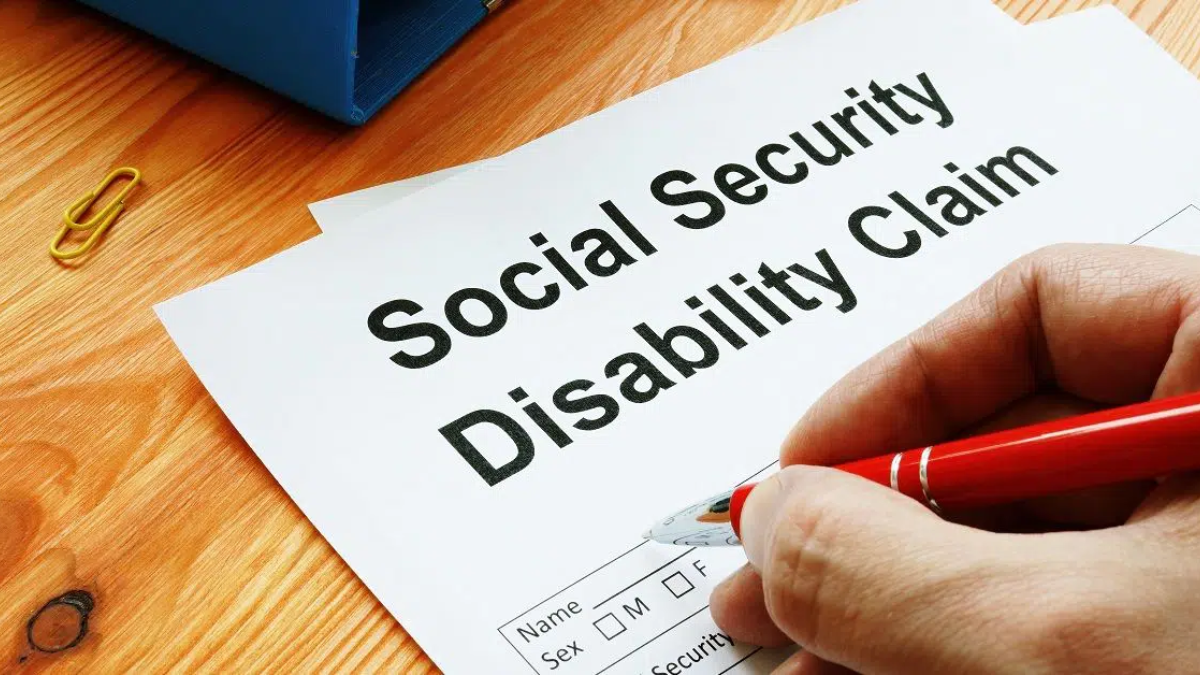The Social Security Administration (SSA) provides financial support to millions of Americans through Social Security Disability Insurance (SSDI) benefits. These benefits are crucial for individuals who are unable to work due to severe medical conditions. However, certain actions or circumstances may jeopardize eligibility, leading to the loss of these benefits. Understanding the rules and staying compliant with SSA regulations is essential to maintain access to SSDI.
1. Returning to Work and Earning Beyond Allowed Limits
One of the most common reasons for losing SSDI benefits is returning to work and earning income that exceeds the limits set by the SSA. For 2024, the Substantial Gainful Activity (SGA) limit is $1,470 per month for non-blind individuals, and $2,460 for those who are blind. While beneficiaries are allowed to work, they must report any income to the SSA, and if they exceed the SGA limit for a sustained period, they could lose their disability benefits.
2. Medical Improvement
The SSA does offer a Trial Work Period (TWP), which allows recipients to test their ability to work for up to nine months without losing benefits. During this period, beneficiaries can earn above the SGA limit, but once they exceed the limit outside of the TWP, their benefits may be suspended. For more information about the Trial Work Period and how to report earnings.
SSDI benefits are granted based on the assumption that the beneficiary’s medical condition will prevent them from working for at least a year. However, if the SSA determines that an individual’s condition has improved significantly, they may review and stop benefits. The SSA conducts periodic reviews to assess whether beneficiaries still meet the medical criteria for disability.
If an individual’s condition improves to the point where they can perform substantial gainful activity, their benefits could be discontinued. Beneficiaries should be aware of their rights and the review process, as failing to attend medical examinations or provide requested documentation can lead to a termination of benefits.
3. Failure to Report Changes
Failing to report significant changes in income, employment, or medical conditions can result in the loss of benefits. The SSA requires beneficiaries to report any changes that might affect their eligibility. This includes starting a new job, a change in income, changes in living arrangements, or improvements in health that could affect the severity of the disability.
If a beneficiary fails to report these changes, they may receive overpayments, which the SSA will later require to be repaid. Non-reporting can also lead to suspension or termination of benefits, so it’s important for individuals to stay in touch with the SSA and report any relevant changes promptly.
4. Non-Compliance and Fraud
Engaging in fraudulent activities, such as providing false information on your application or misrepresenting your medical condition, can lead to severe penalties, including the loss of benefits. The SSA takes fraud seriously, and individuals found guilty of committing fraud can face legal consequences, including the repayment of benefits received under false pretenses.
In addition to fraud, non-compliance with SSA rules, such as failing to attend required medical evaluations or not responding to SSA reviews, can also result in a loss of benefits. It’s essential for SSDI recipients to stay compliant with all SSA requests and deadlines to maintain their benefits.
How to Prevent Losing Benefits
Maintaining SSDI benefits requires careful attention to the rules set by the SSA. Here are a few tips to ensure you remain eligible:
- Report any changes: Whether it’s income, health status, or employment, always report any changes to the SSA as soon as they occur.
- Stay on top of reviews: The SSA periodically reviews your medical condition. Be sure to attend medical exams and respond to any requests for information.
- Utilize work incentives: Take advantage of the Trial Work Period if you plan to return to work but are concerned about losing benefits.
By following these guidelines and staying informed about your rights and responsibilities, you can avoid the pitfalls that could lead to a loss of SSDI benefits. For more information on Social Security Disability and how to keep your benefits, visit the SSA’s official disability page.
Note: Every piece of content is rigorously reviewed by our team of experienced writers and editors to ensure its accuracy. Our writers use credible sources and adhere to strict fact-checking protocols to verify all claims and data before publication. If an error is identified, we promptly correct it and strive for transparency in all updates.








